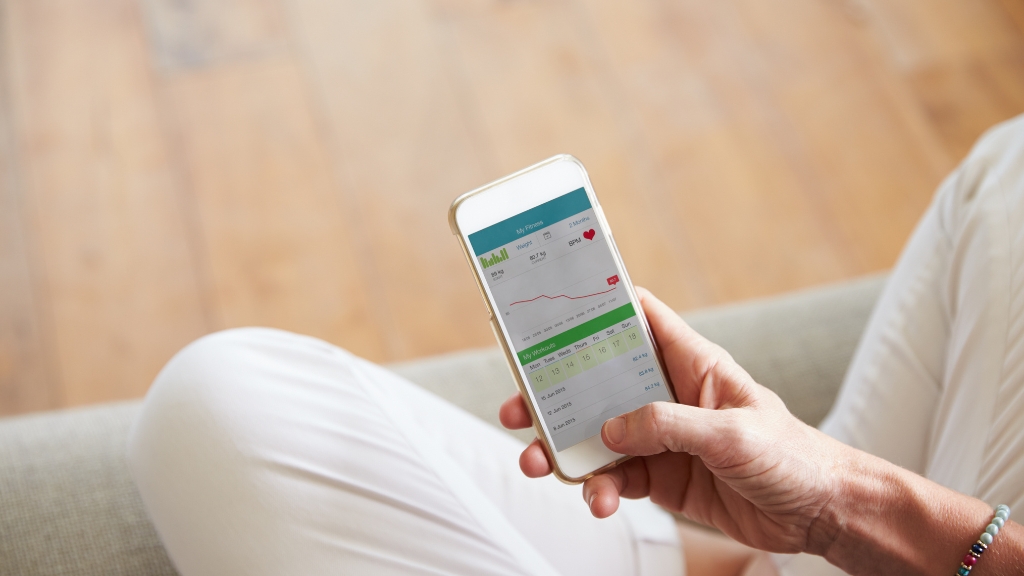
Virtual Care: Healthcare Apps Redefining Doctor-Patient Relationships
In an era where digital transformation is touching every aspect of our lives, healthcare is no exception. Virtual care, propelled by a surge of innovative healthcare apps, is reshaping the traditional doctor-patient dynamic. By leveraging technology, these apps offer new avenues for consultation, treatment, and health management, promising a more personalized and accessible healthcare experience. But what exactly does this transformation look like, and how is it redefining the relationships between doctors and patients?
The Rise of Healthcare Apps
Healthcare apps have become increasingly prevalent, offering a broad spectrum of services ranging from telemedicine consultations to mental health support and chronic disease management. These apps are designed to address the growing demand for convenient, cost-effective, and accessible healthcare solutions. They utilize features such as video calls, instant messaging, and AI-driven diagnostics to bridge the gap between patients and healthcare professionals.
Enhanced Accessibility and Convenience
One of the most significant impacts of virtual care apps is the enhanced accessibility they provide. Patients can now consult with healthcare professionals without the constraints of geographical location or time. This is particularly beneficial for those living in remote areas or those with mobility issues. The convenience of scheduling appointments, accessing medical records, and receiving prescriptions through a smartphone app brings a new level of ease to managing one’s health.
Personalized and Proactive Care
Healthcare apps enable a more personalized approach to health management. Through data collection and analysis, these apps can offer tailored recommendations and alerts based on individual health profiles. For example, apps that track chronic conditions like diabetes can provide real-time feedback and suggest lifestyle adjustments, fostering a proactive approach to health. This personalized care helps in preventing complications and managing conditions more effectively.
Strengthening Doctor-Patient Communication
Virtual care apps facilitate improved communication between doctors and patients. Features such as secure messaging and video consultations enable ongoing dialogue outside of traditional office hours. This continuous communication can lead to better patient engagement and adherence to treatment plans. Additionally, the ability to share medical records and history electronically ensures that doctors have access to comprehensive patient information, leading to more informed decision-making.
Challenges and Considerations
While virtual care offers numerous benefits, it also presents challenges. Data privacy and security are major concerns, as sensitive health information is transmitted and stored digitally. Ensuring that these apps comply with regulations like HIPAA (Health Insurance Portability and Accountability Act) is crucial for protecting patient information. Moreover, there is a need for digital literacy among patients, as some individuals may find it challenging to navigate these apps effectively.
The Future of Doctor-Patient Relationships
Looking ahead, the integration of virtual care into traditional healthcare systems is likely to deepen. Innovations in artificial intelligence, machine learning, and wearable technology will further enhance the capabilities of healthcare apps, making them more intuitive and responsive to individual needs. The doctor-patient relationship will evolve to encompass both digital and in-person interactions, blending the convenience of virtual care with the personal touch of face-to-face consultations.
Leave a Reply
- AI in Diagnostics: Revolutionizing Early Detection and Accuracy
- How AI and Advanced Analytics Are Transforming Healthcare Outcomes
- Investing with Confidence: The Role of ROI Calculators
- How ROI Calculators Drive Data-Driven Business Strategies
- The Ultimate Guide to ROI Calculators for Business Success
- Making Sense of ROI Calculators: A Comprehensive Guide
- June 2025 (1)
- May 2025 (1)
- October 2024 (2)
- September 2024 (31)
- August 2024 (31)
- July 2024 (27)
- June 2024 (28)
- May 2024 (30)
- April 2024 (33)
- March 2024 (23)
- February 2024 (29)
- January 2024 (3)
- December 2023 (47)
- November 2023 (36)
- October 2023 (23)
- September 2023 (2)
- June 2023 (2)
- May 2023 (13)
- April 2023 (1)




